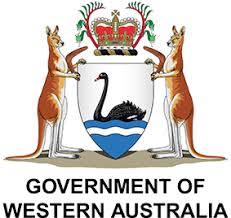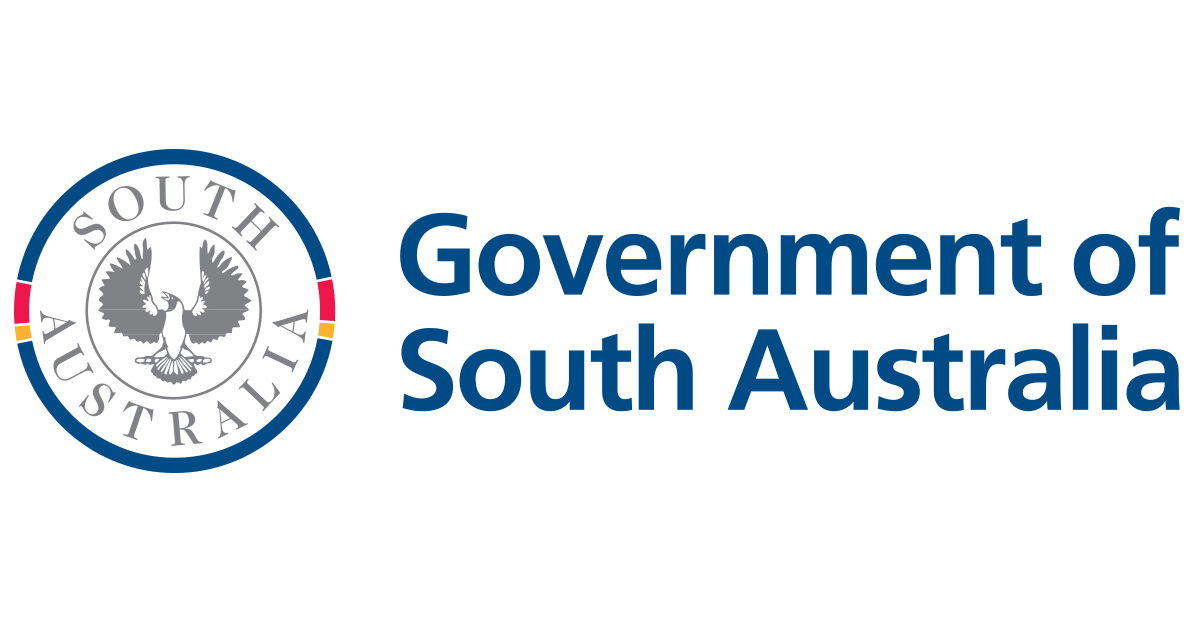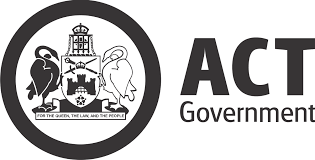

Artificial intelligence (AI) has become a transformative technology, offering numerous opportunities for government services. To harness AI effectively, Australia’s national, state, and territory governments have developed a comprehensive framework to ensure its safe and responsible use. The National AI Framework Australia aims to foster public trust, mitigate risks, and uphold ethical standards in the deployment of AI technologies across government operations.
At the heart of the framework are Australia’s AI Ethics Principles, first developed in 2019 by the Department of Industry, Science and Resources (DISR). These principles guide the ethical and responsible use of AI within government operations, ensuring that technology serves the public good while protecting individual rights. The eight core principles are:
These principles not only guide ethical AI implementation but also provide a foundation for AI assurance, ensuring that public trust is built through responsible and transparent governance.
In October 2023, the Department of Prime Minister and Cabinet (PM&C) published a pivotal report, How artificial intelligence might affect the trustworthiness of public service delivery? The report underscored a low level of public trust in AI technologies, emphasising that fostering community trust is essential for the broader adoption of AI within government functions. This trust is pivotal not only for acceptance but also for the successful integration of AI into public services. To effectively implement AI ethics principles, the framework also highlights several cornerstones that agencies need to incorporate into their AI assurance practices. These cornerstones provide a robust basis for ensuring that AI technologies are not only effective but also aligned with public values and governance standards.
The cornerstone of AI assurance is strong governance. This framework emphasises the need for clear policies, roles, and responsibilities within government agencies to ensure AI systems are used ethically and responsibly. Agencies must develop a positive AI risk culture, where AI risks are proactively managed and discussed, fostering an environment that prioritises ethical standards and transparency.
AI technologies present varying degrees of risk depending on their application. The framework encourages a risk-based approach, ensuring that AI systems used in high-risk scenarios undergo rigorous assessment and oversight. This approach allows governments to mitigate potential harms while enabling innovation in low-risk settings.
Governments are advised to continuously monitor AI systems throughout their lifecycle, from design to deployment and operation. This ensures that AI systems remain safe, reliable, and in compliance with ethical standards.
Transparency in AI use is vital for maintaining public trust. The framework mandates that governments disclose when AI is being used, providing clear explanations of how AI systems operate and how decisions are made. This includes maintaining records of AI systems’ decisions, data inputs, and testing procedures. Explainability ensures that the public understands AI’s role in decision-making and can challenge outcomes if necessary.
AI relies on high-quality data to function effectively. The framework places significant emphasis on responsible data governance, ensuring data used in AI systems is accurate, reliable, and representative of the populations it affects. Proper data management, including the authentication and protection of data, is critical for reducing risks and improving AI’s effectiveness in government applications.
Protecting individual privacy is another priority under the framework. AI systems must comply with privacy laws, ensuring that personal information is handled with care. Privacy by design is encouraged, requiring governments to assess the necessity of using personal data in AI systems and consider alternatives like anonymisation and encryption to minimise privacy risks.
AI systems in government must promote fairness and human-centred values. This involves ensuring AI does not discriminate based on factors like race, gender, or disability. Inclusivity is prioritised, ensuring that AI systems are accessible and consider the needs of diverse communities. In addition, human oversight is mandatory, with humans remaining accountable for AI-driven decisions.








As AI becomes integral to business operations, effective governance ensures responsible use, addressing privacy, security, and ethical concerns. Clear policies help Australian companies meet regulatory standards while building trust with consumers and stakeholders.
AI Consulting Group’s framework carefully aligns to Australian Government Voluntary AI Safety Standard (10 Guardrails), ISO/IEC JTC 1/SC 42 Artificial Intelligence Standards, UNESCO Recommendation on the Ethics of Artificial Intelligence, US National Institute of Science and Technology AI Risk Management Framework.
Get in touch with AI Consulting Group via email, on the phone, or in person.
Send us an email with the details of your enquiry including any attachments and we’ll contact you within 24 hours.

Call us if you have an immediate requirement and you’d like to chat to someone about your project needs or strategy.

We would be delighted to meet for a coffee, beer or a meal and discuss your requirements with you and your team.
